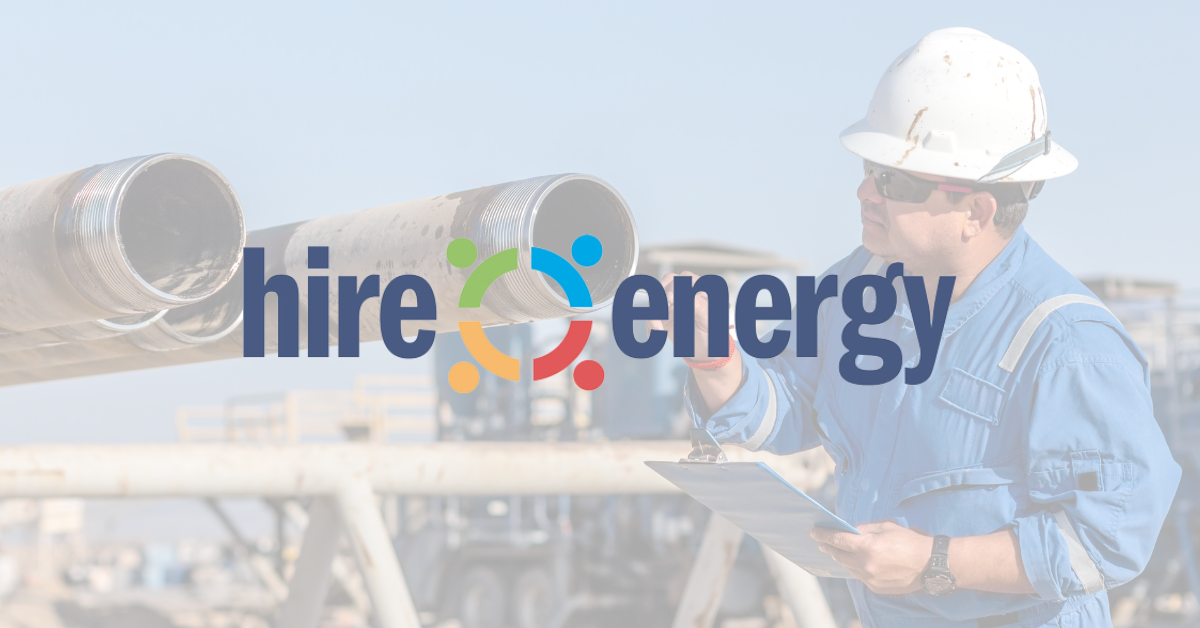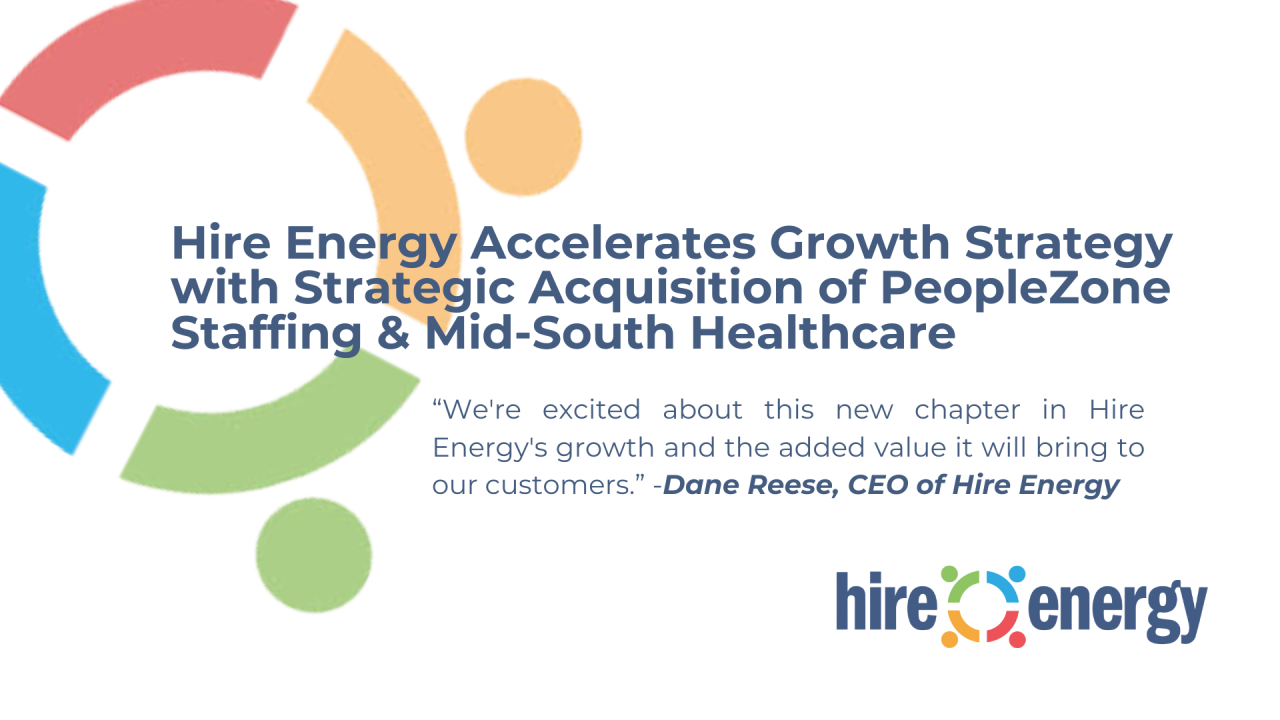The oil and gas industry’s operations often extend to remote and isolated regions, from offshore platforms to land-based exploration and production sites in rugged terrains. While these locations hold immense potential for energy extraction, they also present unique challenges in attracting and retaining top talent. Overcoming these obstacles is crucial for maintaining a skilled and productive workforce that can ensure efficient and safe operations.
Remote and offshore work environments can be physically demanding, with employees facing extended periods away from home, limited amenities, and harsh environmental conditions. These factors can deter potential candidates, making it challenging for companies to fill critical roles. However, by implementing strategic hiring and retention strategies, oil and gas companies can successfully attract and retain top talent for these remote sites.
- Competitive Compensation and Incentives: One of the most effective ways to entice skilled professionals to work in remote locations is by offering competitive compensation packages. This includes not only attractive salaries but also additional incentives such as hazard pay, bonuses, and allowances for living expenses. Companies can also explore profit-sharing or equity-based incentives to foster a sense of ownership and long-term commitment.
- Rotational Work Schedules: To mitigate the challenges of extended periods away from home, many oil and gas companies implement rotational work schedules. These schedules typically involve periods of intense work at the remote site, followed by extended periods of time off. By offering a balanced work-life arrangement, companies can attract professionals who value quality time with their families and personal pursuits.
- Comprehensive Relocation and Living Support: Relocating to remote locations can be a significant undertaking, requiring logistical and practical support. Companies can ease this transition by offering comprehensive relocation assistance, including housing allowances, travel arrangements, and even cultural training for international assignments. On-site accommodations should prioritize comfort and amenities, providing a sense of community and ensuring a high quality of life during extended stays.
- Professional Development and Career Advancement Opportunities: Top talent is often motivated by opportunities for growth and career advancement. Oil and gas companies can highlight the unique challenges and experiences offered by remote site work, positioning it as a valuable stepping stone for professional development. Providing access to training, mentorship programs, and clear career progression paths can demonstrate a commitment to employee growth and retention.
- Health, Safety, and Well-being Initiatives: Working in remote and challenging environments can take a toll on physical and mental well-being. Companies should prioritize comprehensive health and safety programs, including access to quality medical care, fitness facilities, and mental health resources. Promoting a culture of safety and prioritizing employee well-being can attract professionals who value a holistic approach to their work environment.
By addressing the unique challenges of remote and offshore work environments, oil and gas companies can position themselves as desirable employers and attract top talent to these critical sites. A well-crafted strategy that combines competitive compensation, work-life balance, relocation support, professional development opportunities, and a focus on employee well-being can create a compelling value proposition for skilled professionals seeking rewarding careers in the industry.
Curious about the impact a stellar staffing partner can have on your business? Contact a member of the Hire Energy team today.





